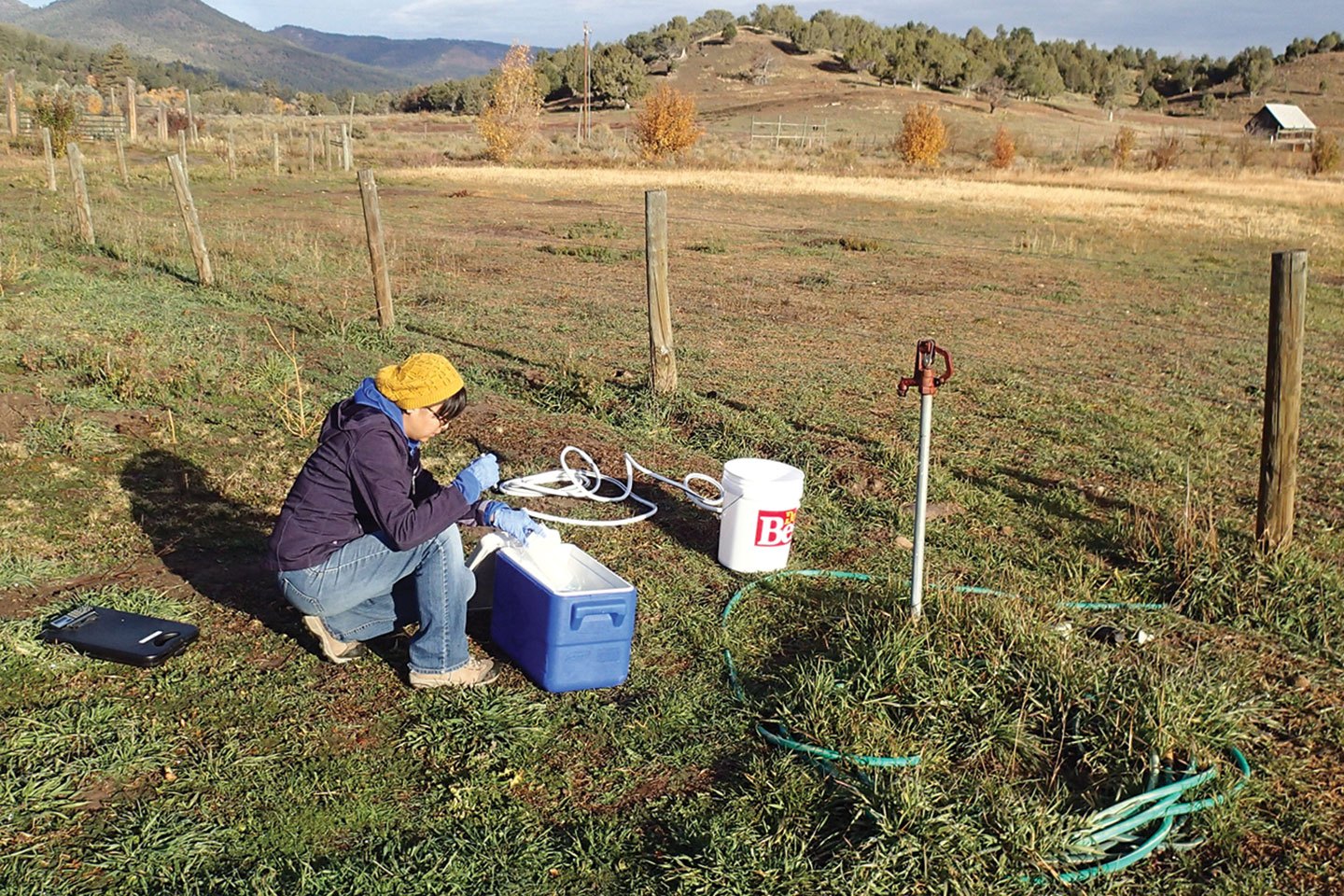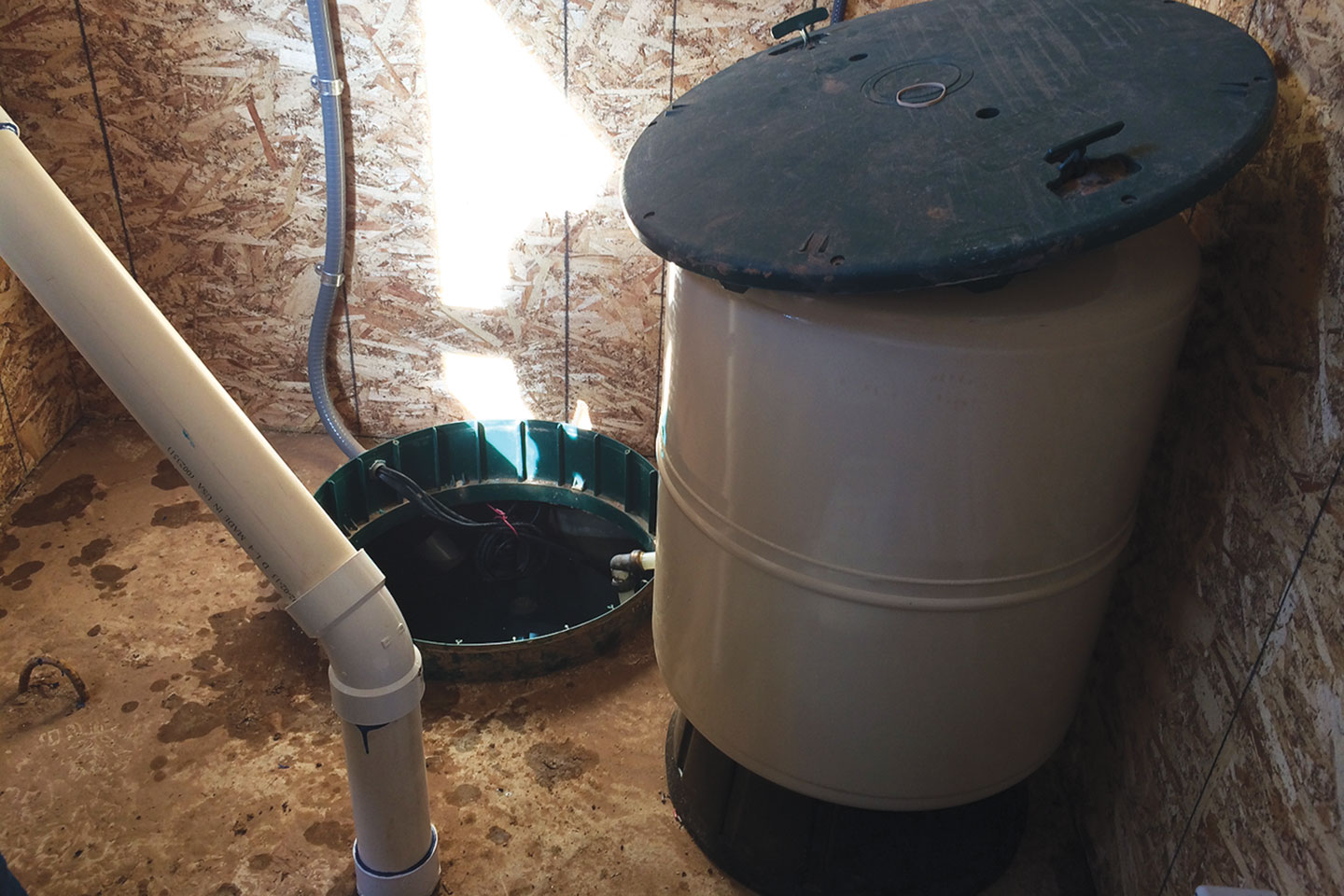The Southern Ute Indian Tribe’s Environmental Program Division provides a free assessment of tribal member water wells. The purpose of this evaluation is to ensure that Tribal members ingest water that is fit for human consumption. This service is offered to Southern Ute tribal members only and is limited to wells occurring within the exterior reservation boundaries. Although free, the assessment is done only after a well test request form is completed and accepted by the Tribe’s Water Quality Program.
Testing involves collecting several samples of the well water that is assessed by contract laboratories for the presence of bacteria, methane and numerous other analytes that can be hazardous to human health. The most common contaminant found in well water within the reservation is bacteria although occasionally other contaminants, such as selenium, fluoride and arsenic, have been assessed from wells at concentrations exceeding recommendations for human consumption.
The presence of any concentration of bacteria is considered potentially dangerous. Methane, on the other hand, is an odorless, colorless gas and is highly volatile. Although not directly harmful to ingest, it can accumulate in close quarters when exposed to air, most often in bathrooms where it’s released from toilets. As methane concentrations accumulate, it creates potentially explosive conditions. High levels of selenium are also a significant concern, especially in the Oxford area, where a Southern Ute family was severely poisoned by it in the 1960’s.
When laboratory results are received the tribal member requesting the assessment is advised in writing of the results including any exceeding human health thresholds. The Water Quality Program does not attempt to rectify identified water quality issues nor does it specifically recommend remediation options. It does, however, in some instances refer the issue to Indian Health Services for their consideration.
It is not recommended that water well owners attempt to mitigate an identified water quality problem themselves. It is highly recommended a trained professional be contacted to safely remediate the issue.
Any Southern Ute tribal member having a drinking water well on their property within the reservation boundaries that they wish to be assessed should contact Kirk Lashmett, senior water quality specialist, with the Southern Ute Indian Tribe to request an evaluation. He can be reached at 970-563-0135, ext. 2218.




